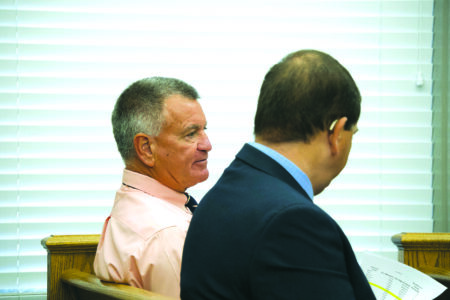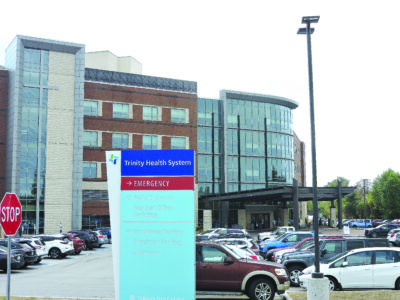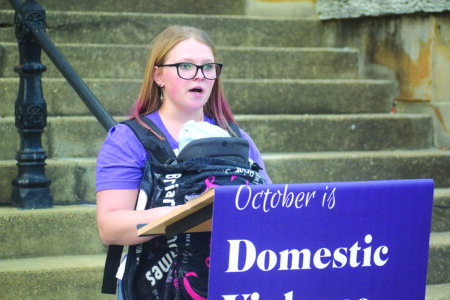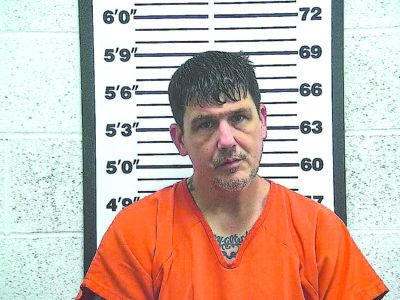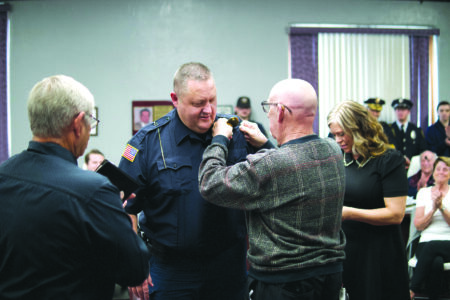New youth stabilization center added at Village Network

BETHESDA — The Village Network celebrated its new Therapeutic Stabilization Center that will add eight beds for girls, eight beds for boys and four crisis beds for children in need of mental health help.
Professionals said this new youth crisis stabilization center is a way to serve children in the local community.
“I think Appalachia in particular, not just Belmont County but this region of the state, is underserved when it comes to behavioral health services and especially crisis services,” said Mark Ingles, chief program officer. “So four local mental health boards came together and said, ‘Let’s do this together.'”
Southeast Regional Director David Doty said the facility will serve counties including Belmont, Harrison, Monroe Muskingum and eight others.
The facility is set to open in September 2026, which will provide mental health stabilization for youth in Appalachia.
Doty said bringing this addition to the Village Network will give families the ability to stay involved in their children’s treatment. He noted that if a child has to go out of the county for treatment, it puts a burden on parents to have to travel.
“If we’re here locally, we can integrate services with the parents and the kids at the same time,” Doty said.
The mental health facility will be open to children, juveniles and adolescents ages 10-21. Doty said the facility will give the Village Network the ability to serve more youth in Belmont and surrounding counties and to do outreach in the community to local clients.
“I’m excited to have a state-of-the-art building and the ability to make a bigger impact in the community,” he said.
Often, stabilization simply means teaching children new coping skills, getting medications stabilized and working with the family to help them learn how to communicate with each other effectively, Ingles said. He added that the Village Network tries to do that in 30 days.
President and CEO Rich Graziano said the original building seemed a little outdated, and this new facility will be modernized for children to have an upgraded living and therapy experience.
Graziano said the facility will serve children who have an immediate need for services. The mental health providers can stabilize them for a short period of time, and then move them on to the residential part of the building,
“This is great because it diverts kids in the area from going to the hospital setting or going to be incarcerated,” he said. “They can come here instead and start getting therapy sooner so we can stabilize it.”
Graziona said the goal of opening the new building is to continue to provide southeastern Ohio with clinical services and expand into crisis beds, which he said are not available in the area. As a result, when the Village Network gets crisis calls, the patient has to go to the main facility in Wooster, Ohio. He added that with the new facility, the network will have a complete continuum of care here, where it can do everything from an inpatient crisis to outpatient and home services right out of the local facility.
“Instead of them going to be incarcerated or going to the hospital, where they really receive no services at all, they’ll come here, and we can start right away just by stabilizing them,” he said. “So that’d be the first, most important piece, is keeping them safe — safe and stabilizing the youth.”
Patients will receive intensive 24/7 monitoring and therapeutic services. The network uses its clinical model, Neurosequential Model of Therapeutics, that helps providers understand how the child’s brain has been impacted by trauma or neglect they’ve experienced.
Executive Director of the Mental Health and Recovery Board for Belmont, Harrison and Monroe Counties Lisa Ward said four health boards came together in the spring of 2022 because they felt the area needed more crisis stabilization services for youth. They looked at different opportunities to open a program, such as this new one, and through awarding of the American Rescue Plan Act funds through Ohio, they partnered with the Village Network to bring the facility to the Bethesda area.
“For our youth and especially our parents and families, please know that if you are in doubt, you can always call 988, which is our national crisis center helpline number,” Ward said. “They can also reach out to the Village Network and other numerous providers that are listed on our website to try to start that journey to find out how to go about addressing what they may think is a mental health issue or drug and alcohol issue with their child.”
Mood disorders, depression, anxiety, post-traumatic stress disorder and trauma-based diagnoses are some mental health issues the Village Network sees, according to Dave Paxton, chief clinical officer. Paxton pointed to what he said is a relatively new phrase in the mental health field, “complex or developmental trauma,” which is when children experience abuse and neglect at an age when the brain is still developing. Paxton said this impacts the child’s development and ability to navigate everyday life challenges because of early trauma.
This new facility will help these children, he said.
“It’s going to form them, the communities come together, and it’s going to keep children in the community with local providers here, ” Paxton said. “… They can stay here in the community, and they can see their families more. They can continue with services in the community. They can stay in contact with their school. And that’s an incredible program.”

